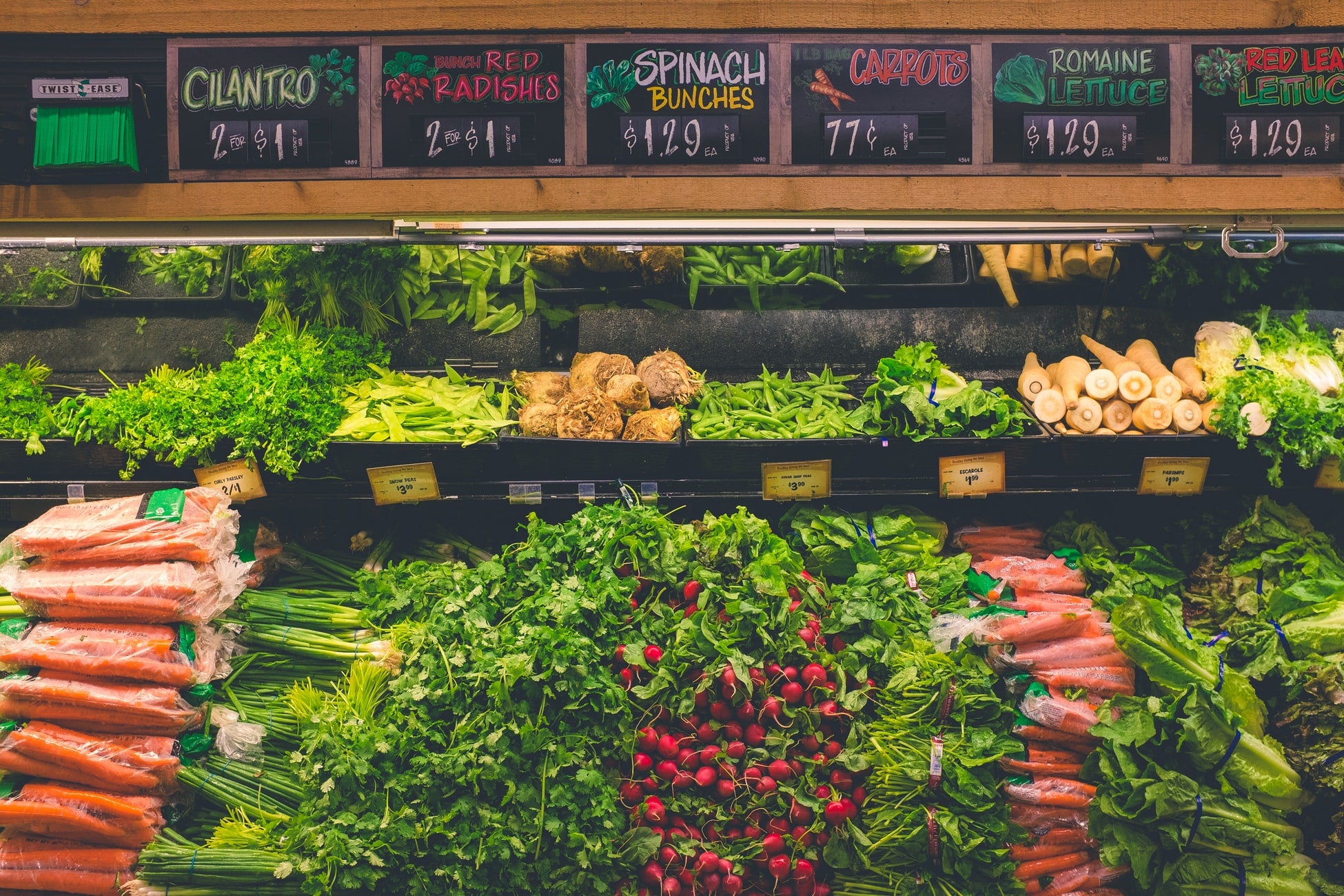In these trying times of the COVID-19 crisis, essential services such as our first responders and medical facilities are especially important, but everyone takes one essential service for granted … our grocery stores.
People still need to eat, especially now that they can’t eat in restaurants.
I work part-time for a local grocery chain in Utah. Like all other grocery stores, our stores have had a run on toilet paper, which no one seems to understand why.
There is a lot that goes on at a typical grocery store that customers don’t know about. There are workers busy overnight restocking shelves, baking bread, and cleaning before the stores open for business.
My job entails general maintenance, including cleaning six restrooms and “slip and fall” prevention. I sweep the entire store every hour to pick up any loose objects or wet spills that could result in an accident, and possible legal action, for a customer.
Typically, the job is pretty routine. However, the routine became very un-routine with the arrival of the virus.
We took a lot of precautions at work immediately as the full extent of the crises became known.
Store management took significant steps to protect customers and my fellow associates. They installed clear, Plexiglas panels at every checkout stand. The shopping carts were wiped with disinfectant when they were returned to the store. Every check stand was wiped after each transaction. Reusable grocery bags were not allowed, and all items were bagged in paper bags. Twice a day, I wiped all the handles with disinfectant on the various coolers for beverages, dairy, and frozen products. The store hours were reduced from 6 a.m. to midnight to 8 a.m. to 8 p.m. to allow more overnight time for restocking. However, the store was opened an hour earlier for elderly shoppers and store associates. Signs were posted to remind people to maintain a 10-foot distance from each other.
After the first two weeks of being cautious, management also had each associate’s temperature checked before starting work.
Naturally, I wore gloves while working. My job probably places me in more jeopardy than most of my co-workers because I was responsible for checking the floors every hour for anything deemed a risk. Until the seating areas in the cafeteria area were closed, I also had to wipe and clean the tables and chairs. I even cleaned the restroom facilities. Because of my hourly routine, I was in close contact with many customers, while trying to stay six feet apart, which wasn’t always feasible.
Like many people, it is hard to understand why toilet paper became such a hot commodity. The toilet paper and hand wipes on our shelves disappeared as quickly as the store opened. If people hadn’t been greedy and stockpiled the toilet paper, it would have helped also. Perhaps a limit on each purchase would have slowed the shortage, but management didn’t impose that rule initially.
Water was another hot commodity even though medical authorities said the water system was not at risk from the virus. Still, people were buying several cases at a time.
Many items that we stocked routinely were suddenly not available. Eggs, butter, milk, bread, flour, rice, and canned goods were some of the main missing items. But after the first couple of weeks, things slowly began to arrive on schedule, and we restocked most shelves. Ironically, one area that had no shortages was the beer aisle.
One missing item was not because of the virus, however. Potato and corn chips were in short supply for a time because the factory that produced them shut down for a week because of damage from an earthquake in the Salt Lake City area.
As April arrived, the future still looked a little bleak. Although things were getting more back to normal, the uncertainty left a pall over the store. More and more customers wore protective masks and/or gloves as they shopped. Most shopped quickly, finding the items they needed and leaving immediately.
Unlike first responders and medical people, working in a grocery store isn’t that risky. But, as hospitals and medical facilities are very essential, so is a grocery store.
How long this will last is anybody’s guess. But in the meantime, I’ll still be sweeping floors, cleaning door handles and restrooms … with my gloves on.
– Ryan from St. George, Utah, a FAR customer who is finding purpose in this new stage of his life.
* The opinions expressed in this article are those of the authors. They do not necessarily reflect the opinions or views of the Finance of America Reverse (LLC).
This article is intended for general informational and educational purposes only, and should not be construed as financial or tax advice. For more information about whether a reverse mortgage may be right for you, you should consult an independent financial advisor. For tax advice, please consult a tax professional.















I WANT TO KEEP UP TO DATE ON RETIREMENT TRENDS
Follow Us.